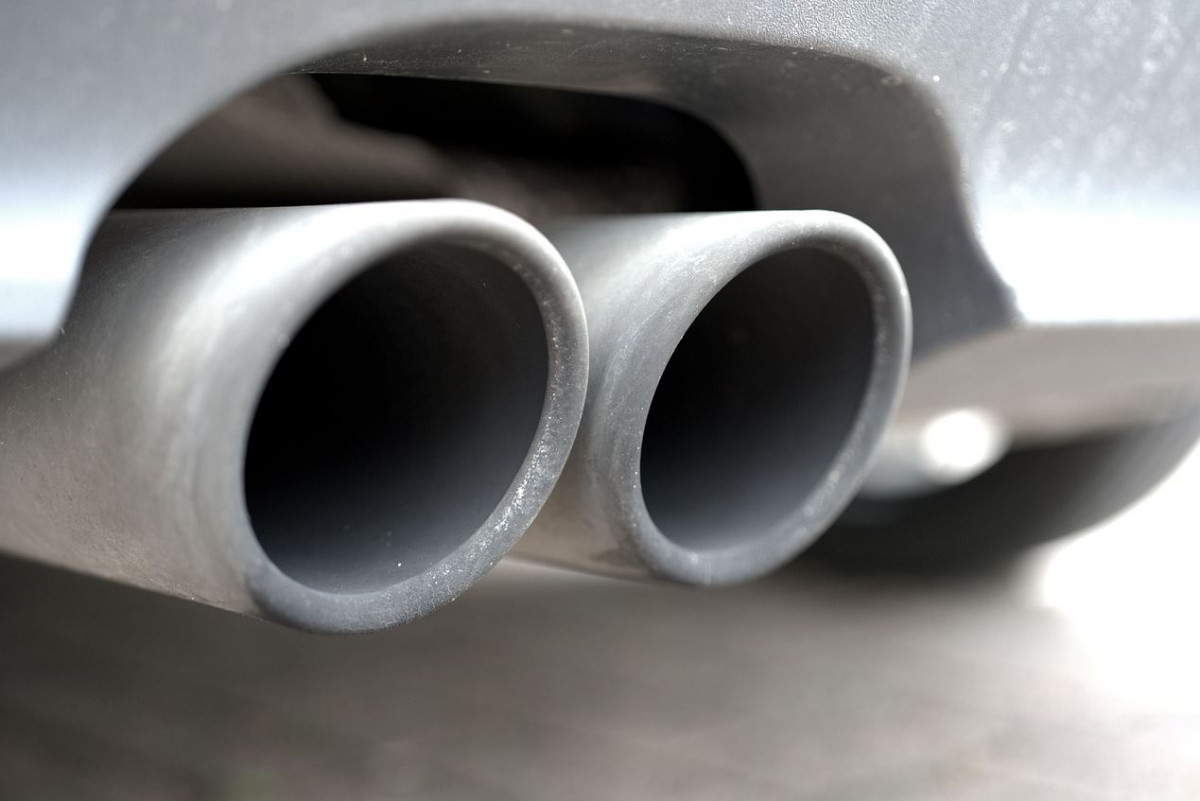Preview 2021 – 'Hydrogen in transport will be a major topic'
Clean Energy Wire: What will be the most important topics in the shift to sustainable mobility next year?
Hilgenberg: I assume that in 2021 hydrogen in transport and how to continue with climate-damaging subsidies and new motorway construction will play a major role. There will also be a discussion about the true costs of mobility, how much space we want to allocate to the different modes of transport, and who would benefit most from a significant expansion of alternatives to the private car.
What influence will the general election campaign and the outcome have on this issue?
Of course, the general elections offer a lever for us to make people more conscious of sustainability issues. The election campaign, and later the coalition negotiations, will show whether we can still live up to our climate protection commitments. Some will bet on castles in the air, for example hydrogen as a universal solution, without explaining how it can be produced in a sustainable, socially acceptable way, and at reasonable prices. Others will show that instead of investing the limited financial resources that will be available following corona stimulus payments in new motorways and federal roads, we should rather invest in the development of better public transport that is accessible to all. Maintaining mobility at reasonable prices and in compliance with the 1.5°C target, as well as all other sustainability and environmental objectives, will be the challenge that needs an answer.
What impetus do you expect for the transport transition at EU or international level, including from the forthcoming UN climate change summit?
There are issues where the international level is much more advanced than German policy. In the whole area of emission standards and CO2 limits for cars and trucks, the EU has taken extremely important decisions over the past 13 years that are binding for the states. We must continue on this path. We finally need real data on the fuel consumption and CO2 emissions of all vehicles, including electric vehicles. Only those who know the real figures can achieve real reductions. At the UN level, we expect a clear identification of the problems in international sea and air transport, and a real willingness to define binding environmental standards and climate targets, and to sanction violations.
Do you believe the electric car boom will continue? What does this mean for the car industry?
I think the decision has been made: The car of the future is electric, and vehicles with fuel cells or synthetic fuels will merely complement the battery electric car. But what the e-car of the future looks like is crucial. A huge SUV will not become an eco-automobile just because it will be powered by electricity instead of diesel. The race for ever greater ranges is just as absurd. Instead of wasting technological progress on ever greater ranges, the aim must be to achieve reasonable ranges with as little effort as possible. The electric car of the future must be small, light, economical, energy-efficient and resource-saving in production, operation and recycling. Only companies that can achieve this will be able to survive in the long term, and thus master the transformation.



